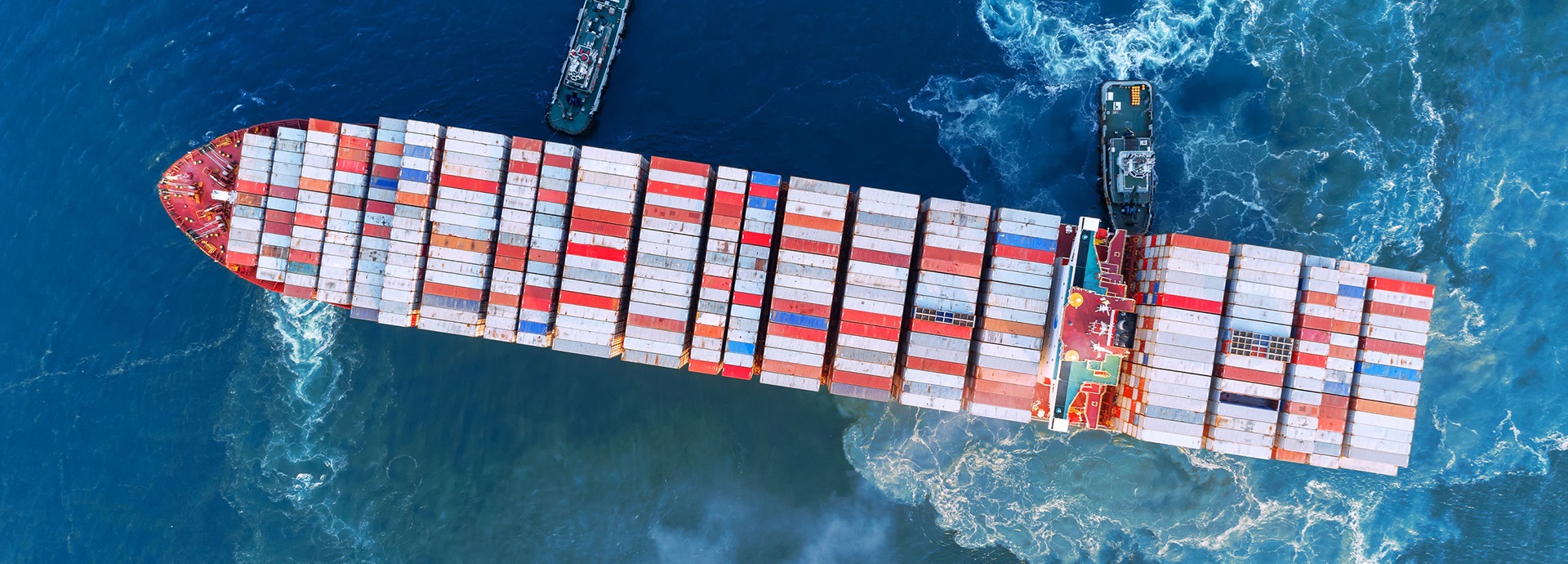Overcoming Pre-Joining Nervousness | Reasons, Advice & Solution
Table of contents
Real Life Story
-Chief Engineer Praneet Mehta
When I became a second engineer, it was my first time in that position. This time, I was joining a ship from Singapore with 18 others. We all gathered on a boat, heading to the ship for our sign-on. The atmosphere was tense, with everyone around appearing stressed and somewhat sad. They were pondering how the ship would be, what the crew would be like, and so on.
But for me, it was a different feeling.
I remember feeling genuinely happy because my primary motivation was crystal clear – I wanted to earn. I had just been promoted to second engineer, which came with a substantial raise of $3,500 in my monthly salary, making it a total of $7,000. This was a good amount, especially when converted to Indian rupees.
When the captain asked me if I was nervous, I replied with a smile, “No, sir, I’m not nervous at all.” I explained that my driving force was the desire to earn for my family. I knew that once I was on the ship, the hard work would pay off, and I’d be able to provide for my loved ones. That strong sense of purpose wiped away any nervousness, and I eagerly anticipated the journey ahead with hope and determination.
Introduction
The world of seafaring is an adventure like no other, filled with vast oceans and distant lands. Yet, beneath the surface, seafarers experience a whirlpool of emotions, especially before setting sail.
I want to begin by highlighting that the insights I’m about to share are not only from my own experiences but also resonate with seafarers worldwide. The challenges and emotions we navigate are shared by countless individuals across the globe who dedicate their lives to the sea. These observations reflect the collective voice of seafarers and shed light on the multifaceted aspects of our profession
Financial Pressure
- Financial pressure is a primary source of nervousness among seafarers. The urgency to earn money swiftly and consistently to support their families and secure their future can be overwhelming.
- This financial burden serves as a constant motivator for seafarers but can also lead to stress and anxiety. The responsibility to provide for loved ones creates a sense of urgency, driving them to join ships promptly and strive for promotions and higher salaries, even when it means leaving behind the comfort of home.
- Consequently, the financial imperative remains a significant factor in the lives of seafarers, influencing their emotions and decisions.
Solution
You can create a budgeting plan to manage your finances more effectively and ease the burden of financial pressure. Financial literacy courses can also empower them to make informed decisions.
Immediate Responsibilities
- Immediate responsibilities emerge as a pivotal factor contributing to seafarers’ pre-departure nervousness. Contrary to the belief that some seafarers may not feel ready for leadership roles, C/E Praneet Mehta asserts that responsibilities are best learned on the job.
- Seafarers understand the significance of these duties and their role in the smooth operation of the ship. This sense of responsibility, coupled with the anticipation of shouldering important tasks on board, underscores the gravity of their roles and can be a source of both excitement and apprehension as they prepare to join their ships.
Solution
Encourage ongoing learning and professional development to boost confidence in handling responsibilities. Onboard mentoring programs can help you acquire the necessary skills.
The Fire to Earn Money

- “The Fire to Earn Money” is the strong desire seafarers have to make a lot of money quickly. They want to do this so they can take care of their families. This strong desire pushes them to work hard, get promotions, and earn more money.
- It’s like a burning motivation that makes them excited to go to work at sea and not feel nervous because they are focused on providing for their loved ones.
Solution
Maintain the enthusiasm to earn by setting achievable financial goals and staying motivated. Celebrate milestones and reward oneself for hard work.
Change in Priorities
- As seafarers progress in their careers and achieve financial stability, their focus shifts from immediate monetary goals to emotional attachment with their families. This transition from an initial pursuit of wealth to a desire for quality time with loved ones triggers mixed emotions, including anxiety, as they embark on their voyages.
Solution:
Keep a balance between personal and professional life by maintaining open communication with family and adjusting priorities as needed.
Loneliness onboard Ship
’
- When isolated at sea for extended periods, seafarers often grapple with profound feelings of solitude. This loneliness can be intensified by the inability to communicate with loved ones due to modern technology’s double-edged sword.
- The absence of family and the anticipation of missing significant life events contribute to the emotional strain, creating an emotional backdrop that can amplify seafarers’ nervousness as they embark on their voyages.
Solution:
You can combat loneliness by engaging in onboard activities, and hobbies and forming close friendships with fellow crew members.
Sharing Hardships
- Sharing Hardships, as highlighted in Chief Engineer Praneet Mehta’s account, signifies the importance of addressing onboard challenges within the ship’s confines. He advises against confiding work-related difficulties in one’s family, as they may not grasp the intricacies of maritime life.
- Instead, he champions a collaborative approach among crew members to collectively confront and overcome hurdles. This practice ensures emotional stability, preventing undue anxiety and sadness stemming from sharing hardships with those unfamiliar with the distinct experiences of seafaring.
Solution
Foster a supportive work environment where crew members help each other tackle challenges. Encourage open communication with superiors to address concerns efficiently.
Conclusion

Seafarers often feel nervous before boarding their ships. This nervousness is like a mix of excitement and worry, and it’s quite common among sailors worldwide. It happens because they care deeply about their families and want to earn money to support them.
Over time, life changes, like getting married or having children, can make them feel even more anxious when leaving home. But despite these challenges, seafarers are strong and resilient. They find ways to balance their work and personal lives, using technology to stay connected with loved ones and seeking support from their fellow crew members. In the end, their nervousness is a sign of their dedication to their families and their determination to sail the seas.
Why Seafarers Get Nervous Before Joining Ship | Merchant Navy Decoded|
Disclaimer :- The opinions expressed in this article belong solely to the author and may not necessarily reflect those of Merchant Navy Decoded. We cannot guarantee the accuracy of the information provided and disclaim any responsibility for it. Data and visuals used are sourced from publicly available information and may not be authenticated by any regulatory body. Reviews and comments appearing on our blogs represent the opinions of individuals and do not necessarily reflect the views of Merchant Navy Decoded. We are not responsible for any loss or damage resulting from reliance on these reviews or comments.
Reproduction, copying, sharing, or use of the article or images in any form is strictly prohibited without prior permission from both the author and Merchant Navy Decoded.



